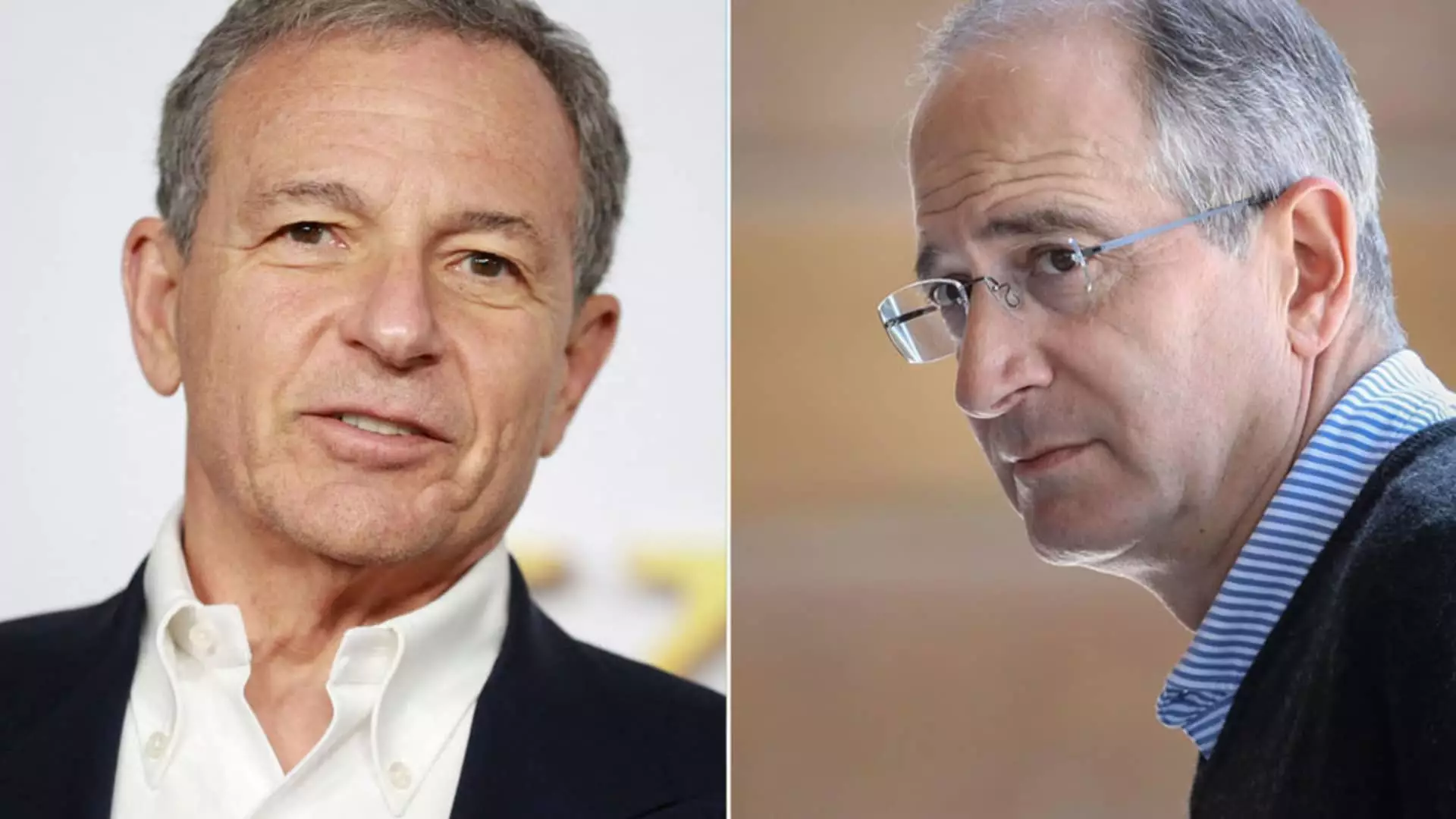As we step into the festive season, media executives are sharing their insights about the future of the entertainment industry. With hopes set high for 2025, these predictions provide a fascinating snapshot of the shifting landscape in media and entertainment. This article explores the bold and often contentious forecasts made by anonymous industry leaders, looking back at previous expectations while keeping an eye on what the coming year may hold.
While the optimism for 2025 is palpable, it’s essential to reflect on the events of 2024—a year that fell short of the more promising projections made the previous holiday season. Notably, predictions regarding alliances among major streaming services like Warner Bros. Discovery’s Max, Netflix, and Disney to create a significant streaming bundle did not materialize as expected; however, Max and Disney did team up, showing that the landscape is still evolving.
Additionally, the anticipation surrounding RedBird Capital’s acquisition of Paramount Global did not play out exactly as envisioned. Instead of a direct acquisition, a merger involving multiple players was announced, marking the complexities of the contemporary market. Disney’s CEO Bob Iger’s tenure also drew attention, especially since his contract renewal was left hanging, fueling discussions about succession plans amid shifting industry dynamics. The anticipated upheaval in NBA media rights also took a less dramatic turn than expected, as rights were distributed to more traditional players in the landscape.
The Predictions for 2025: Industry Turnarounds?
As we turn to the fresh predictions for 2025, the pattern of cautious optimism emerges. One notable prediction suggests that Warner Bros. Discovery may look to separate its linear assets from its streaming services in a bid to streamline operations and appeal to a financially constrained market. This separation could serve as a model for others, including Comcast, which is also rumored to be considering a spin-off of its cable networks. This increasing trend towards division may signal that companies are desperate to unlock value in a rapidly evolving industry.
The anticipated antics of Fox are also noteworthy. After shedding much of its entertainment properties to Disney a few years ago, an executive speculates that Fox may aggressively seek to rebuild its portfolio by acquiring large assets like HBO and the Turner networks. This potential reinvention could shake up the industry and shift power dynamics. Moreover, uncertainties surrounding the Murdoch family’s trust fuel speculation about Fox’s future strategy.
Amidst these corporate reshuffles, the timing of leadership changes looms large, particularly at Disney. As Iger’s departure approaches, the board’s deliberations over his successor are critical. Dana Walden, the co-chairman of Disney Entertainment, seems to be the frontrunner, yet the board remains cautious after the fallout from earlier transitions. Companies often underestimate the importance of strategic leadership in navigating turbulent waters. This situation underscores the need for clear vision and strong leadership in an industry facing unprecedented transformation.
The outlook on mergers and acquisitions is another intriguing aspect of the 2025 predictions. As traditional media continues to wrestle with the repercussions of cord-cutting, a wave of consolidation is likely to occur. Executives assert that smaller companies like Tegna and Sinclair Broadcast may be forced to sell off assets or merge to survive, particularly if regulatory conditions shift under a potential new administration.
This merging of resources and capabilities could yield an environment where broadcasters acquire local stations to strengthen their foothold in an increasingly competitive market. Additionally, the potential merger between Paramount Global and Skydance Media is predicted to reshape leadership dynamics within Paramount, creating ripples that may lead to more significant acquisitions, including Lionsgate.
Anticipating the future, the intersection of media and technology remains a cornerstone of the predictions. Companies like Electronic Arts could soon find themselves selling to tech giants, much like Microsoft did with Activision — a move that would reflect the ongoing integration of gaming and entertainment.
As companies eye the future, the push for bundled streaming experiences indicating that extensive collaborations may soon be an industry standard. Executives suggest that a cohesive streaming package involving the major networks could potentially attract a more extensive subscriber base and address the lucrative, yet chaotic, nature of today’s streaming market.
In closing, while the predictions for 2025 paint an optimistic yet tumultuous picture of the media landscape, it’s clear that the industry is in flux. With leadership shifts, potential mergers, and a keen eye on technological advancements, 2025 may very well be a pivotal year for media and entertainment. As we await the unfolding of these predictions, one thing remains certain: the journey ahead will be as gripping as any blockbuster narrative.

